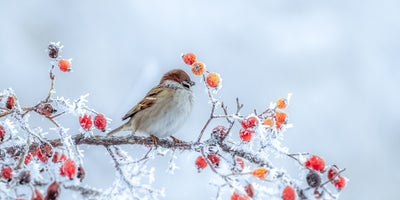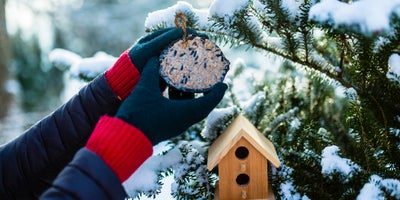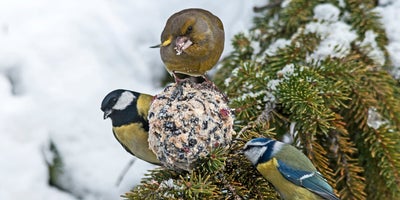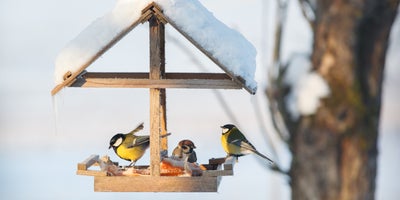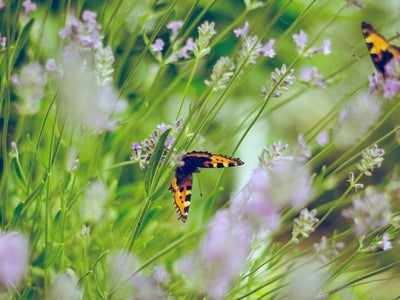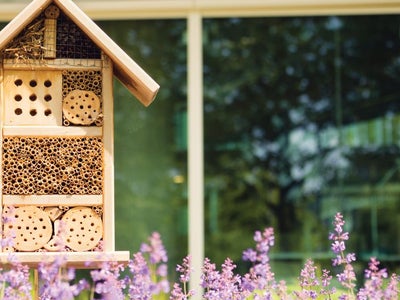Looking out for feathered friends
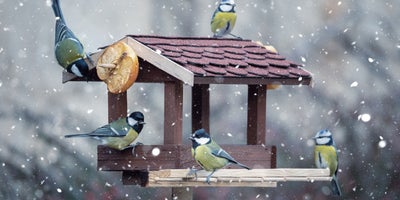
As winter approaches, it's essential to consider the well-being of our feathered friends that inhabit our gardens. They struggle in the winter just like the rest of us do - the frosty weather and cold temperatures can make finding food and shelter more difficult for these charming little creatures. Even stuff as simple as remembering to keep your bird feeders topped up over the winter and making sure there’s water available goes a long way in helping. Having birds in your garden is beneficial for a number of different reasons, so putting out a helping hand is a great way to return the favour.
